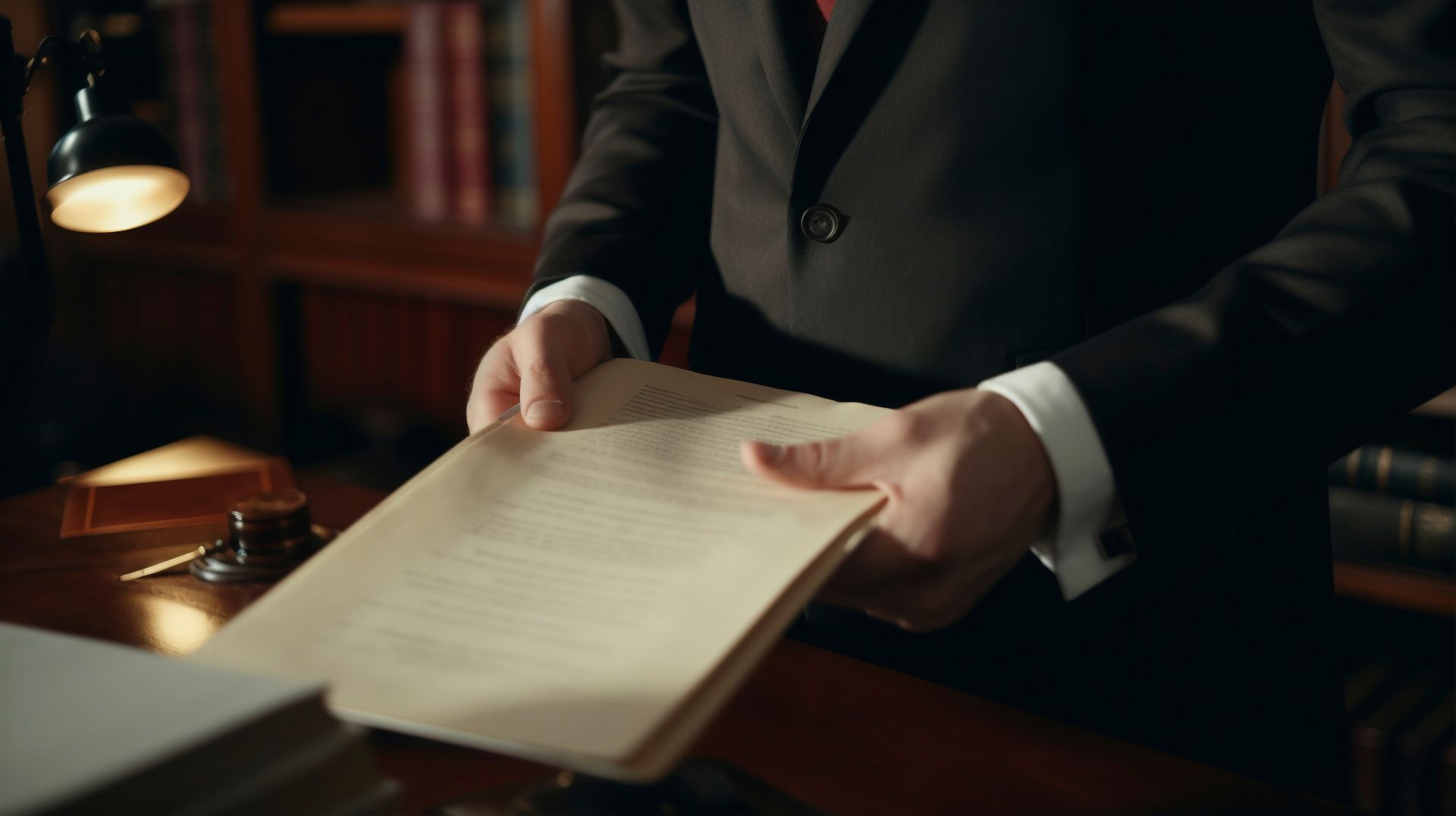A Beginner’s Guide to Civil Litigation
Handling legal matters can be incredibly stressful, requiring attention to detail and a healthy understanding of the legal system. Yet, when it comes to civil litigation, most people have never experienced filing a lawsuit, never mind knowing how to navigate through one.
This guide highlights the fundamentals of the types of civil litigation and how the process works. By the end, you should have a healthy knowledge base to maneuver your next steps.
What is Civil Litigation?
Civil litigation involves two parties in a legal dispute over money, property, or an object. In most cases, it consists of a disagreement over written or verbal contracts where the two sides cannot come to a reasonable settlement without legal proceedings.
What Different Types of Lawsuits Can be Filed in a Civil Court System?
The civil court system is different from other types of law for the following reasons:
- Disputing wills and estates
- Breaking contracts or agreements
- Real estate issues
- Labour law disputes
For example, civil litigation does not handle marital or custody disputes, criminal law, real estate purchases (unless there is a disagreement), or estate planning. Instead, it refers explicitly to disputed legal situations resulting in lawsuits.
The Process Explained
Civil litigation has several detailed steps that can be lengthy and complicated, depending on the extent of the disagreement. They include:
- Discovery and disclosure - disclosure documents are presented from both parties, including written or oral statements under oath. Both legal teams review the information to determine how to proceed.
- Pre-trial appearances - motions are made to the court to decide upon any additional issues requiring a judgment before proceeding with the case.
- Collecting evidence - collecting verifiable statements of facts, evidence, and other documents to support each party’s argument.
- Representation at trial - each party presents their argument and evidence to the judge, who makes a legally binding decision.
This process can take several months and court dates to conclude.
Common Causes of Civil Litigation
Civil litigation occurs when a plaintiff files a legal complaint against the defendant concerning property ownership, injury, or breaking a legal contract or agreement. Plaintiffs and defendants can include people, organizations, businesses, and corporations.
For example, someone falls at a place of business or wrongful dismissal from employment. It may even include a dispute over possessions, such as the distribution of assets in a will.
Can I Represent Myself in a Civil Lawsuit, or Do I Need to Hire an Attorney
Filing a lawsuit for civil litigation, or handling any legal matter, is incredibly nuanced and handled with utmost care and respect. Unfortunately, while people may feel they can save the expense of hiring an attorney, they fail to realize that improper documentation or information could mean lengthy delays, expensive errors, and even cost them their case.
Therefore, we recommend hiring a qualified attorney to guide you through the litigation process and handle the entire court proceedings. They will have the experience to execute court etiquette properly and fully understand the legal requirements for an efficient and preferable result.
Get the Right People on Your Case
Hiring the right legal counsel is essential for achieving a favourable outcome in your civil litigation case. Their knowledge and experience are invaluable when you are filing a lawsuit, significantly alleviating additional hardship during a stressful time.
Protect your interests by enlisting the help of the Sinclair Law Office in Stoney Plain, AB. They have the expertise to handle various types of civil litigation cases. The
Sinclair legal team will meet with you and determine the optimal course of action for the most beneficial and appropriate results.
Schedule your preliminary appointment online or call 780-963-4867 to get the right team on your side today!










